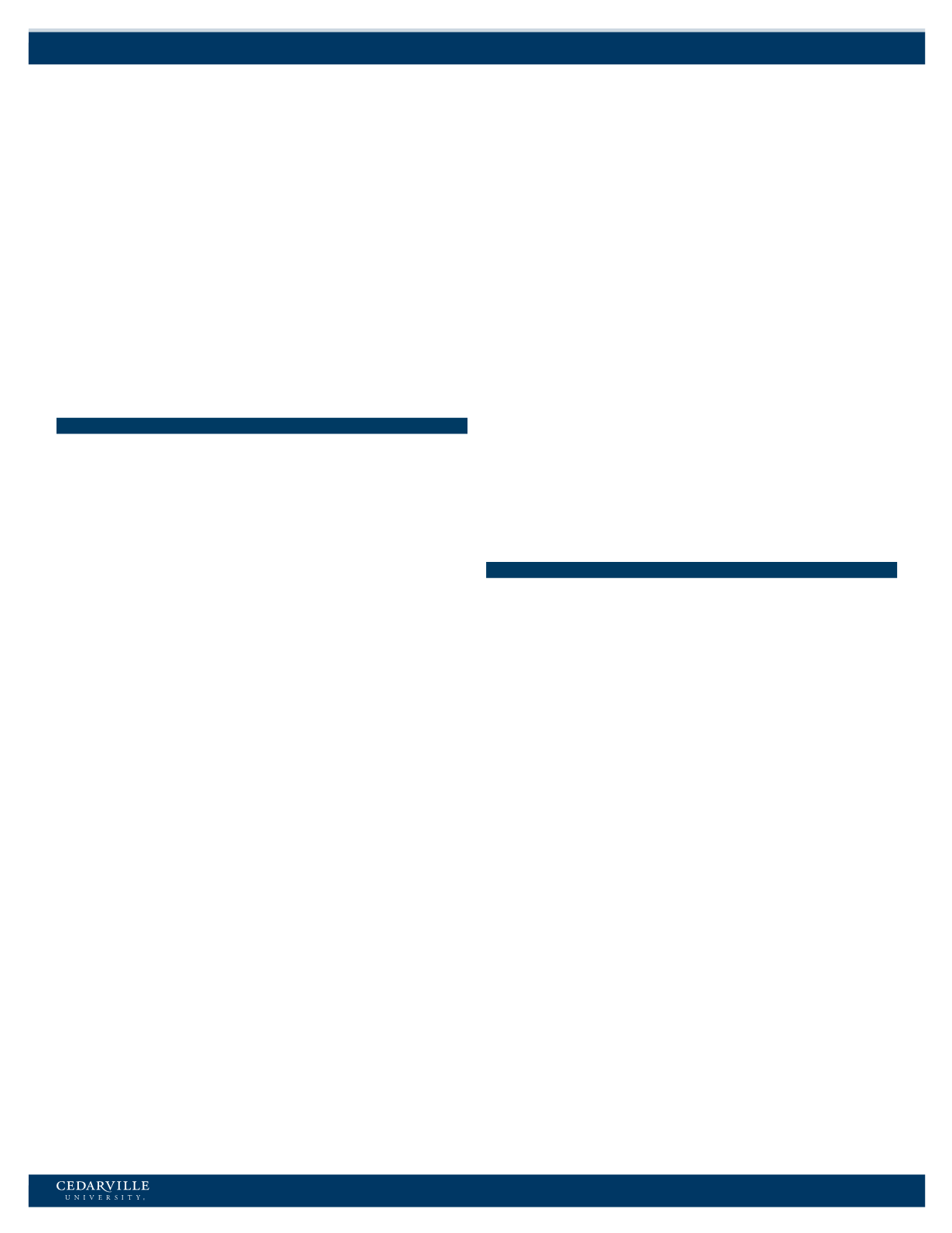

GER-3810 German Conversation and Composition
–Fa
3 hours
Oral practice in German through speeches and oral reports
along with a review of pronunciation. Designed to improve
both day-to-day communication and academic communication.
Prerequisite: GER-2820 Intermediate German or equivalent
. (even
years)
GER-3820 Germanic History and Culture
–Fa, Su
3 hours
This course is designed to introduce students to the history and
culture of Central Europe, specifically the region where German
is the native language of the inhabitants and where present-day
Germany, Austria and Switzerland are located. Students will
also learn how Germanic History influenced and played a role in
establishing modern-day western cultural norms. Course taught in
English. (odd years).
GER-3830 Survey of German Literature
–Sp
3 hours
A survey of German literature from the Middle Ages through
the 20th century designed to provide the student with an
understanding of the literature and its reflection of the culture.
Readings in German and English.
Prerequisite: GER-2820
Intermediate German or equivalent
.
Linguistics (LING)
LING-2070 Introduction to Linguistics
–Fa
2 hours
This introduction to the study of linguistics provides an
opportunity for students to become familiar with the tenets,
concepts, and theories of the field of study. It additionally
acquaints students with the practical side of the study of linguistics
in disciplines such as philosophy and biblical languages, English
and writing, cultural studies, mathematics, information technology,
computer science, education and psychology, electronic media,
and teaching English to speakers of other languages.
LING-3080 Linguistics for Language Learning
–Fa
3 hours
An analytical approach of language functioning applicable
to learning any second language. Using theoretical-based
approaches, the emphasis is on English language variations,
phonology, morphology, and syntax. The student is also introduced
to various theories of second (new) language acquisition at
different age/grade levels. Second (new) language study as a
means of personal development and the importance of second
(new) language learning in modern society are addressed.
LING-3082 Phonetics
–Fa
3 hours
Phonetics is the study and classification of speech sounds,
within the broader study of phonology, the study of the sound
system of language. This course builds on the theories of
phonology and provides opportunities for practical application of
the theories. Students will work with the International Phonetic
Alphabet (IPA) in classifying sounds in standard and nonstandard
forms of English and will consider and classify the sounds of other
languages.
Prerequisites: LING-2070 Introduction to Linguistics;
LING-3080 Linguistics for Language Learning.
LING-3090 Sociolinguistics
–Sp
3 hours
An overview of the relationship between language and
society. Topics covered include ethnicity, social contact, change,
and issues related to minority students such as education,
immigration, migration, demographics, and historical and legal
precedents. The student will also gain knowledge and cultural
understanding of minority groups in Ohio. (even years)
LING-3100 Principles of Language Acquisition
–Fa
3 hours
The practical side of the study of linguistics is the study of how
language is acquired, both by children learning to speak and
by adults learning a second language. This course will present
the basic theories of both types of language acquisition and will
provide students the opportunity to do original research in the
field.
Prerequisites: LING-3080 Linguistics for Language Learning.
LING-3500
2 hours
Methods of Teaching Foreign Language
–Fa
Examination of the purposes and objectives along with the
methods used in the K–12 foreign language classroom instruction.
The student studies the effect of cognitive, affective, and socio-
cultural variables on second (new) language acquisition. The
student is given the opportunity to establish goals and objectives
and design curricula that reflect Ohio’s grade-level learning
outcomes in content areas, as well as to develop strategies that
promote language-based English learning for K–12 grade-level
students.
Open only to TESOL endorsement teacher candidates
and TESOL minors.
LING-3710
2 hours
TESOL Practicum for Non-Education Majors
–Sp
Practice teaching of ESL under general supervision of master
teacher for non-education majors who are completing TESOL
minor requirements.
Prerequisite: COM-2140 Intercultural
Communication; ENG-3070 English Grammar; LING-3080
Linguistics for Language Learning; LING-3500 Methods of
Teaching Foreign Language.
Credit/No Credit. (Fee: $45)
LING-4100
3 hours
Advanced Linguistics/Field Methods
–Sp
This course is the capstone course for the major in linguistics. In
this course, students will put into practical application the theories
and concepts learned while completing the requirements for the
major.
Prerequisites: LING-2070 Introduction to Linguistics; LING-
3080 Linguistics for Language Learning; LING-3082 Phonetics;
LING-3090 Sociolinguistics; LING-3100 Principles of Language
Acquisition.
Literature (LIT)
LIT-1990 First-Year Seminar
3 hours
This course will provide instruction in the close reading of and
the analytical writing about literary texts.
Prerequisites: ENG-1400
Composition.
LIT-2090 Literary Analysis
–Fa, Sp
3 hours
Introductory study of basic textual analysis and traditional
contextual analysis. This course is primarily intended for
adolescent and young adult integrated language arts and English
majors as preparation for upper-division literature courses.
Prerequisite: LIT-1990 First-Year Seminar
LIT-2120 History of Literary Criticism
–Sp
3 hours
A study of the rich philosophic heritage of the West, this course
is designed to familiarize students with the writers whose works
have defined the critical canon as the result of the way they
addressed three questions: What is the function of literature? What
is the role of an author? How do we evaluate literature? Featured
writers will range from Plato, Aristotle, and Augustine to Lewis,
Eliot, and Bakhtin.
Prerequisite: ENG-1400 Composition.
LIT-2130 Dramatic Literature
–Sp
3 hours
Survey of major dramatic works from Greek to modern day
playwrights, emphasizing the relationships among themes and
dramatic construction amid various cultural and historical contexts.
Can be applied to meet English or Communication requirements,
but not both.
Prerequisite: major status or permission of instructor.
LIT-2300 Introduction to Literature
–Fa, Sp
3 hours
Emphasis on developing the ability to read critically and
analytically representative examples of literary genres through use
of appropriate criteria.
Prerequisite: ENG-1400 Composition.
LIT-2330 World Mythology
–Fa
3 hours
Study of mythologies, the theories of myth and myth making,
and the incorporation of myth in selected literary works.
Prerequisite: ENG-1400 Composition.
LIT-2340 Western Literature
–Fa, Sp, Su
3 hours
Survey of major works of Western literary tradition from Homer
to T.S. Eliot.
Prerequisite: ENG-1400 Composition.
Page
236
2015–16 Undergraduate Academic Catalog
Course Descriptions
GER-3810 – LIT-2340



















